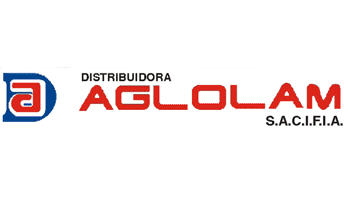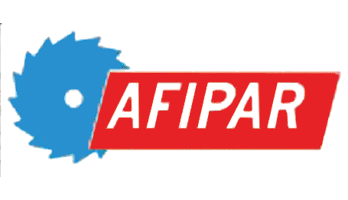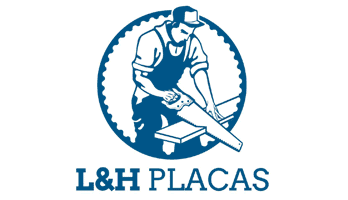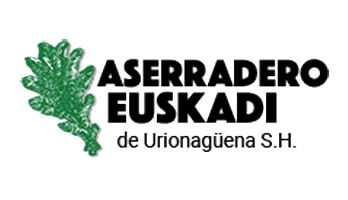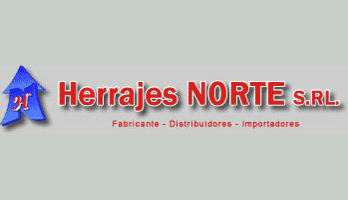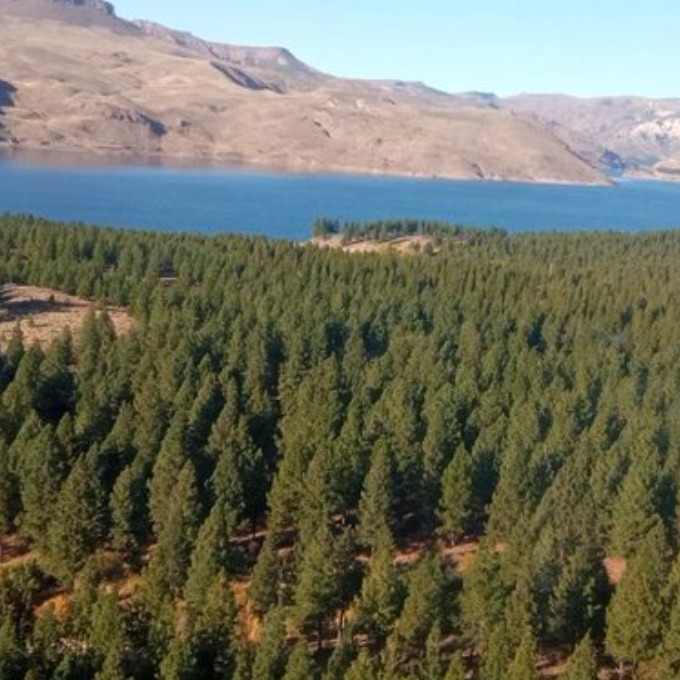
Experts in Forest Health of the South Cone will issue an update course on pests and diseases in plantations and collaborative strategies in the region
The 4 -day meeting, with workshops, talks and field days is organized by the Southern Cone Forestry Group (GSFCS). The event will bring together experts from Chile, Brazil, Uruguay and Argentina and is intended for agronomist and forestry engineers, biologists, private and public technicians, and all interested in the problem. They seek to address from the prevention and health control of forest resources, focusing on the exchange of information for risk management and management strategies at different scales.
From December 9 to 12, the city of Paysandú, Uruguay, will be the scene of a pertinent course of ?Update in Forest Health?, which will bring together professionals in Agronomy and Forest Sciences, researchers, technicians from the public and private sphere, and students of the sector linked to forest heal America, with emphasis on risk prevention, management and management. GSFCS, composed of experts from Argentina, Brazil, Chile and Uruguay, promotes regional collaboration for diagnosis, early detection and development of joint strategies against pests and diseases that They affect both commercial and native and urban forests. This collaborative approach is considered key to the sustainable management of forest resources in the region. The course will offer practical tools for the identification and management of the main health problems, as well as a conceptual basis for understanding the population dynamics of agents that cause damage In the forest mass. In addition, interactive workshops will be held that will allow participants to discuss relevant study cases and explore specific actions for each situation
IT MAY INTEREST YOU
 The new vein edition is already online: the future of furniture and wood is lived today
The new vein edition is already online: the future of furniture and wood is lived today
With the best of Interzum and Ligna 2025, this special edition invites you to discover the trends, technologies and opportunities that are redefining the industry.
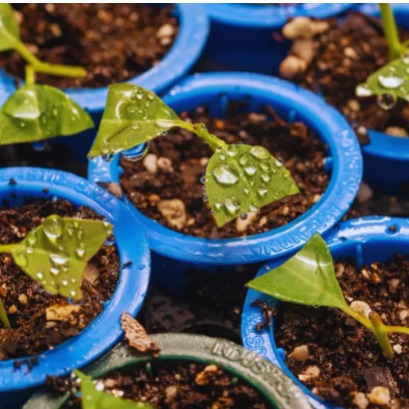 Argentines, Brazilians and Uruguayans with a common goal: they verified that forest improvement with DNA studies can be accelerated and without the need to go to the field
Argentines, Brazilians and Uruguayans with a common goal: they verified that forest improvement with DNA studies can be accelerated and without the need to go to the field
The genetic improvement of animals and plants is a process as silent as extensive. Especially in the case of trees, which can take decades to express their characteristics and slow down the choice, a key step to obtain overcoming species. A recent study of INTA researchers, Conicet, Embrapa (Brazil) and UPM-Forestal Eastern (Uruguay) proposes a mechanism to accelerate it and make it less expensive.
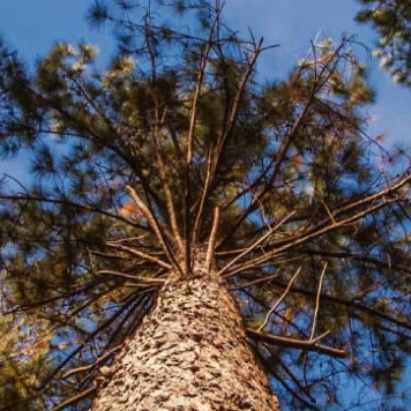 Forestal Las Marías modernizes their sawmill to double its productive capacity
Forestal Las Marías modernizes their sawmill to double its productive capacity
The company starts an ambitious technological investment with state -of -the -art machinery of Brazilian origin. In a first stage, its production of tables will increase by 40%, with the goal of reaching 25,000 m³ per month and thus respond to the growing demand of the international market.



